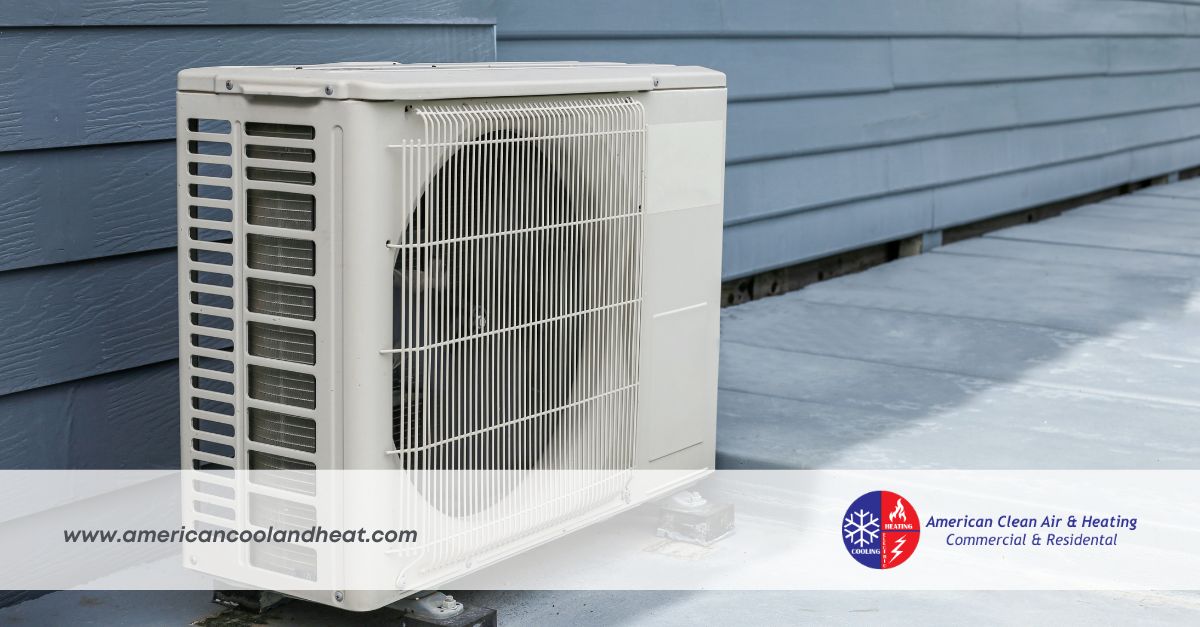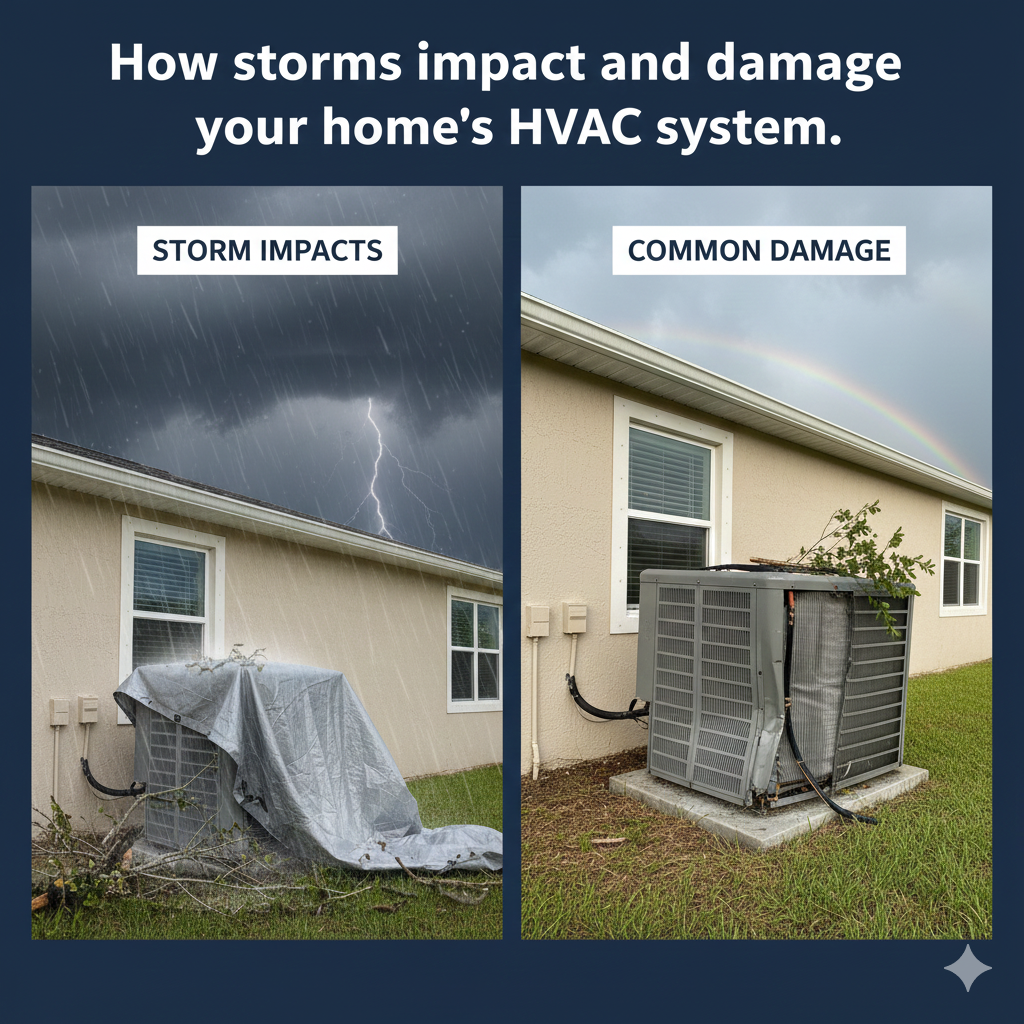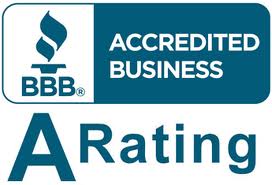Did LA’s Storms Damage Your HVAC Unit?
Los Angeles is known for its sunshine, but recent storms have brought powerful winds and heavy rain to the region. While many welcome the break from dry weather, these storms can cause significant problems for your property’s heating, ventilation, and air conditioning (HVAC) system. For business owners, a malfunctioning HVAC unit means more than just discomfort—it can disrupt operations, deter customers, and lead to costly repairs.
Understanding how severe weather affects your HVAC system is the first step toward preventing long-term damage. This guide explains the hidden risks storms pose to your unit and outlines the steps you can take to protect your investment. We will cover everything from electrical surges and flooding to the slow-developing issues of corrosion and mold, helping you keep your commercial space safe and comfortable.

How Storms Impact HVAC Systems
Outdoor HVAC units are built to be durable, but they aren’t indestructible. Severe weather conditions introduce several risks that can compromise their performance and longevity. Here’s a closer look at the most common ways storms can cause damage.
Electrical Surges from Lightning
Thunderstorms are often accompanied by lightning, which can cause sudden power surges. These electrical spikes can travel through utility lines and overload the sensitive electronic components in your HVAC system. The compressor, control boards, and motors are particularly vulnerable. A single surge can be enough to burn out these parts, leading to a complete system failure. To mitigate this risk, it’s wise to install a surge protector for your unit or simply turn it off at the breaker during an intense storm.
Flooding and Standing Water
While outdoor HVAC units can handle rain, they are not designed to be submerged in water. According to FEMA, HVAC components are among the first to be damaged in a flood. When floodwater surrounds or enters your unit, it can short-circuit electrical wiring and cause extensive corrosion.
Even after the water recedes, it often leaves behind a damaging layer of silt and sediment inside the unit’s delicate internal parts. As a result, this debris can interfere with mechanical operations and lead to premature failure. Therefore, if your property is in a flood-prone area, consider elevating your outdoor unit on a sturdy platform to keep it above potential water levels.
Wind-Driven Debris
In addition, high winds can turn small, loose objects into projectiles. For example, twigs, leaves, trash, and other debris can be blown into your outdoor HVAC unit. Consequently, this can dent the delicate aluminum fins on the condenser coils, restricting airflow and forcing the system to work harder. As noted by industry experts at The Chill Brothers, clogged coils reduce the unit’s efficiency, leading to higher energy bills. Over time, repeated exposure to wind-blown debris can cause significant wear and tear, ultimately shortening the lifespan of your system.
Moisture, Corrosion, and Mold
Los Angeles isn’t known for its humidity, but storms bring plenty of moisture. Rain can seep into electrical connections and other parts of your HVAC unit not meant to get wet. This prolonged exposure to moisture can lead to rust and corrosion, which weakens metal components and can cause them to fail.
Furthermore, moisture creates the perfect environment for mold and mildew to grow, especially inside your system’s coils and ductwork. Mold growth not only damages your HVAC system but also poses a serious health risk by compromising indoor air quality.
Clogged Condensate Lines
Your HVAC system has a condensate drain line to remove excess moisture. Heavy rainfall can wash dirt, leaves, and other debris into this line, causing it to clog. When the line is blocked, water can back up into the unit or even into your property, leading to water damage and potential mold growth. Ensuring the area around your unit is clear and the drain line is unobstructed is crucial, especially after a storm.

Protecting Your HVAC System: Before and After a Storm
A little preparation can go a long way in protecting your HVAC system from storm damage. Taking proactive steps before a storm and performing a thorough inspection afterward can save you from expensive repairs and unexpected downtime.
Storm Preparation Checklist
- Secure the Area: Before a storm arrives, clear the area around your outdoor unit. Trim overhanging tree branches and secure any loose items like patio furniture, tools, or trash cans that could be picked up by strong winds.
- Install Surge Protection: A surge protector designed for HVAC systems can shield your unit from damaging power spikes. This is a relatively small investment that can prevent a much larger repair bill.
- Consider Elevation: If your property is susceptible to flooding, speak with an HVAC professional about elevating your outdoor unit.
Post-Storm Inspection
After the storm has passed, it’s important to inspect your unit for any signs of damage.
- Check for Debris: Look for any leaves, twigs, or other debris that may be lodged in the fins or fan. Carefully remove anything you can see.
- Look for Physical Damage: Inspect the unit for dents, bent fins, or other visible signs of impact.
- Listen for Strange Noises: When you turn the system back on, listen for any unusual sounds like grinding, rattling, or buzzing, which could indicate a problem.
- Schedule a Professional Inspection: The safest approach is to have a certified HVAC technician inspect your system. They can identify hidden damage, such as electrical issues or water infiltration, before it escalates into a major problem.
Your Partner in Commercial HVAC Repair
For any business, a functioning heating and cooling system is essential. Whether it’s ensuring employee comfort in an office, protecting sensitive equipment in a warehouse, or creating a welcoming atmosphere for customers in a retail space or restaurant, you need a reliable furnace and air conditioner.
American Clean Air and Heating specializes in commercial furnace and HVAC repair across Los Angeles. We understand the unique demands of commercial spaces and are equipped to handle everything from post-storm inspections to complete system replacements. If you suspect the recent storms have affected your HVAC unit, don’t wait for a small issue to become a major expense. Contact our team today for a professional evaluation and keep your business running smoothly.
 (818) 722-8634
(818) 722-8634

